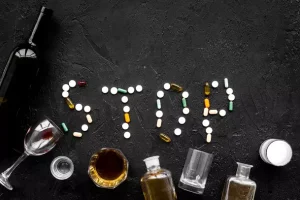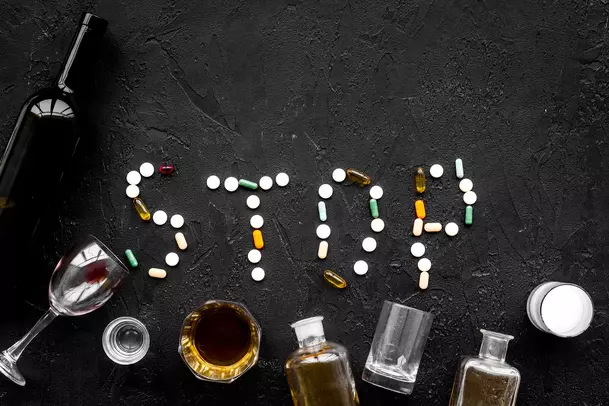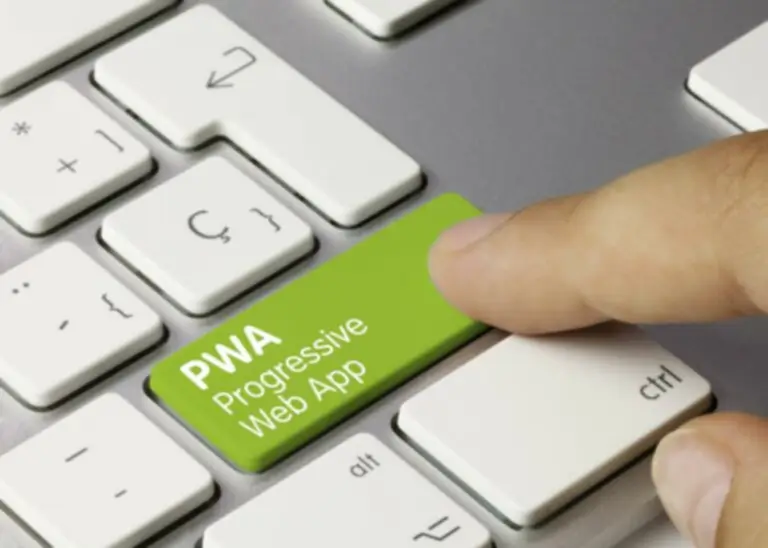
An initial approach could involve expressing your feelings, acknowledging past mistakes, and sincerely conveying your desire to make amends. If direct communication isn’t feasible, consider using a mutual contact to share your message. This indirect approach can sometimes pave the way for later conversations. Remember, this is a Twelve Step process that can provide a platform for healing, but the person we are reaching out to may not be at the same place in healing as we are.

How Holistic Healing Complements Traditional Treatment Methods
This is pivotal for rebuilding trust and fostering a more profound connection. Generally speaking, people work through the Steps of Alcohol Anonymous with an addiction treatment counselor and/or sponsor. You can also turn to AA’s Big Book and Twelve Steps and Twelve Traditions (the 12 & 12) for guidance specific to Step 8. We are seeking accountability for our own living amends actions and holding ourselves to the standards of our own values and our 12 Step program. Apologizing in this way may open the door to continued healing, growth, and restored relationships in recovery. Some treatment programs even invite those who have graduated from their program to come speak out about their stories to help others.
Guide to Step 9 and Making Amends
It’s the point where we acknowledge that our behaviors damage others beyond ourselves. But to rectify this damage, we can’t maintain the same “me first” attitude that many of the other steps require. Approaching individuals when they are open to dialogue increases the likelihood of a positive interaction.

Coping strategies for stress during the amends process
A true amend would be giving him $20 back along with the apology. Unfortunately, there are many things that we do in our using that we can not rectify with tangible goods or direct amends. What about the late nights that we kept our parents up worrying? What about the relationships we ruined, the emotional wreckage we created?
- This step ensures that you are grounded and clear about your intentions and the potential impact of your actions.
- An apology is just a verbal acknowledgment of wrongdoing, whereas an amend means actively repairing relationships and showing dedication to change.
- Explore the mental effects of alcohol, from immediate impact to long-term consequences, and protect your brain health.
- The reason why it is better to make amends earlier rather than later is based on experience and case studies.
Join our Mailing List
Recognize delirium tremens symptoms, understand treatment options, and learn prevention strategies. Learn how to stop social media addiction with effective tips and tools to reclaim your time and improve well-being. Discover how to face fear in recovery with coping strategies and support to embrace a stronger, healthier you. Some people may respond positively, while others may be resistant or emotionally charged.
We can provide resources that can help you and connect you with a licensed counselor or certified coach. Do what you can to rectify the situation.Ask the other person if there is a way to amend wrongdoings. If the other Alcohol Use Disorder person forgives but acts poorly, it’s okay to not reconcile. Even though a person says they forgive, they might not be ready to reconcile.
- If making an amends means exposing ourselves to triggering environments, we ought to reconsider and discuss healthy alternatives with a sponsor or addiction counselor.
- But again, you need to work on yourself first to get to a point where you can appropriately address that tension.
- This process is not focused on seeking forgiveness but rather on taking responsibility for our past actions.
- Challenges and setbacks are common in the process of the 9th step.
- This indirect approach can sometimes pave the way for later conversations.
- Living amends represent the long-term actions you will take to remain committed to recovery.
Help with Examples of Making Amends
- However, these promises are usually the result of deep feelings of shame, guilt, and regret and may not be genuine for some.
- Acknowledge that making amends is a courageous act that fosters personal growth.
- The steps ensure that those in recovery feel supported, safe, and secure in making the next step to freedom from addiction.
- It’s important to be in a state of readiness, both emotionally and mentally, before reaching out.
- This means recognizing that a mere apology is not enough; it must be followed by actions that reflect your intent to amend your past wrongdoings.
Many sponsors bring an awareness of why individuals are motivated to express amends and can question the beneficial purpose of sharing such information from the past. Perhaps, the amends that you wanted to make might not seem right after discussing with a sponsor. Step Nine can leave you emotionally exhausted; it’s a difficult step to navigate.
They affirm your decision to make lifelong changes, which has a positive effect on both you and everyone around you. It’s also important to take great care when making amends to someone who is in active addiction because our primary responsibility is to safeguard our own health and recovery from substance abuse. If making an amends means exposing ourselves to triggering environments, we ought to reconsider and discuss healthy alternatives with a sponsor or addiction counselor.
- Take responsibility through admitting the hurt and pain that was caused by your addiction.
- Thorough preparation ensures your actions align with your intentions and positively contribute to your recovery journey and the relationships you are trying to mend.
- When the person you owe reparations to has died, you can still make living amends by changing things about you and how you live your life.
- When making amends it is important that you focus on your behaviors only and your amends.
Undoubtedly, you, too, have a list of ways in which you want to live out your living amends, and that’s great! The more personalized your lifestyle changes are, the more they’re going to resonate and stick with you. An amends letter can be a powerful way to communicate intentions when direct communication is not possible. Begin with a sincere apology, being specific about the wrongs committed instead of making vague statements of guilt. This specificity strengthens the impact of your amends letter and shows that you have thoroughly reflected on your actions. A well-thought-out strategy and readiness can make the amends process more effective and meaningful.

Advance Directive Forms

Addiction is often isolating, which can make quitting difficult. With proper treatment, individuals can become sober and turn their lives around. In a sober living house, members can transition out of treatment and adjust to their new substance-free lifestyle.


